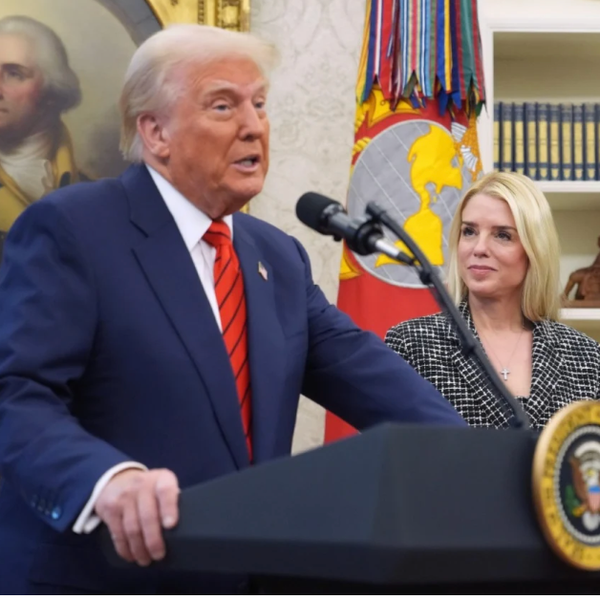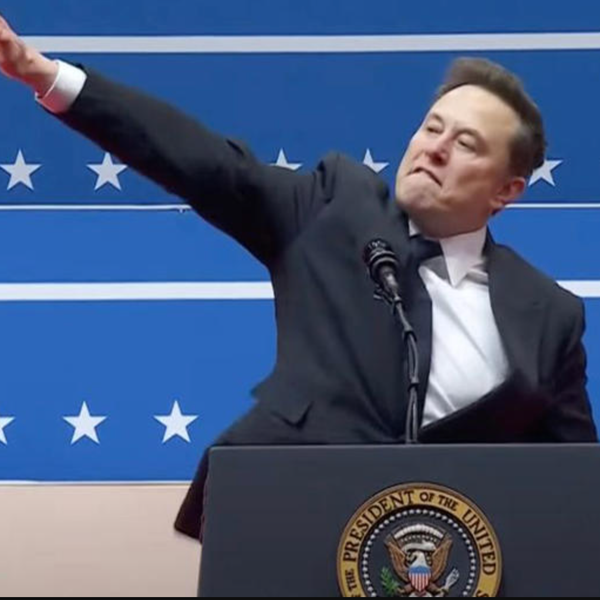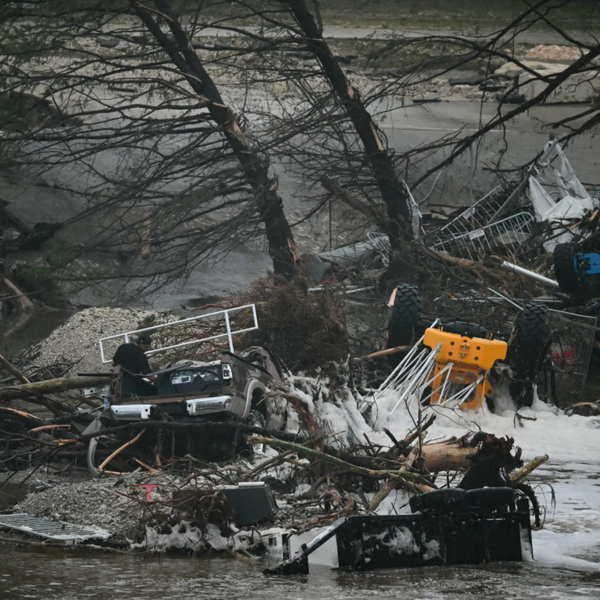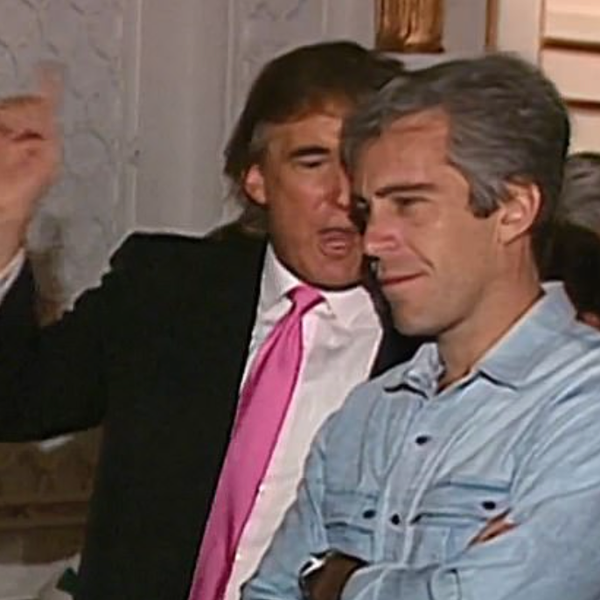Baltics Poised For Obama Visit Amid High Anxiety Over Russia

By Maris Hellrand and Michel Mrozinski
Tallinn (AFP) — From Tallinn to Warsaw, Russian moves in Ukraine are sparking grave concern across a region deeply scarred by war and decades of Soviet occupation on the eve of a landmark visit by US President Barack Obama.
“I’m very worried mainly because every time it seems like it can’t get any worse, it does,” says Sildna Helen, 35, a music festival impressario in Estonia’s capital Tallinn where Obama will touch down Wednesday en route to a NATO summit in Wales.
“European leaders just keep on expressing their ‘grave concern,’ nothing more. They don’t do what needs to be done to change the situation,” she told AFP.
More than 100 prominent Baltic figures, including former leaders of Estonia Arnold Ruutel and Lithuania’s Vytautas Landsbergis, on Monday urged “a permanent presence of allied troops” in the Baltic states in an open letter to Obama.
Their call echoes similar ones by leaders from across the region for permanent NATO or U.S. boots on the ground, a move they hope will materialize at the Wales summit.
“Russia’s overt neo-imperialism cannot but make us fear that we are potential objects of its expansionist dreams,” the joint letter said, urging Obama to take an “emphatically unambiguous stand … defending the vision of a free Europe”.
Analysts, however, admit that expectations about what Obama can deliver in Tallinn in terms of regional security must be tempered by the fact that the real deals will be cut at the two-day NATO summit starting Thursday.
“Estonia gets the highest-profile visit possible at this point, but does so just ahead of a crunch NATO summit, which means that the Estonian wish list, insofar as one exists, will have to defer to an obvious need not to rock the boat in the run-up to Cardiff,” Ahto Lobjakas, an analyst at Estonian Foreign Policy Institute told AFP.
On the street, the language is more blunt. In Latvia’s capital Riga, Janis Janson, 47, does not mince his words as he goes about his shopping: “Putin’s a thug. We need to stand up to him, or where will it end? If he succeeds in Ukraine, he would look here next. You can bet on it.”
The tiny Baltic nation broke free from the crumbling Soviet Union in 1991 after nearly five decades of occupation and was quick to boost its security by joining both the EU and NATO in 2004, along with fellow Balts Lithuania and Estonia.
“Being in NATO does make a difference. If we weren’t, he would probably be here already. I have seen American troops in the street here and it made me feel good. I wish there were more of them.”
– Russian minority –
Anxiety is also fuelled by the presence of large Russian-speaking minorities, mostly pro-Moscow, which represent more than a quarter of the population in Estonia and Latvia, respectively 1.3 and two million.
But not all ethnic Russians here look kindly on Moscow’s March annexation of Crimea from Ukraine and its subsequent meddling in that country’s east.
“At first I thought he was right to re-claim Crimea but now I don’t. Ukraine was Russia’s friend and brother. Is it worth losing a good friend over a small piece of land?” ethnic-Russian Latvian Anna Slavinskaya, 52 told AFP at Riga’s central train station with a bouquet in hand as she waited to greet friends arriving from Russia.
Enn Toom, a retired Estonian mathematician and psychologist, frets over what he terms Moscow’s “dark propaganda” against Ukraine and the “toothless hypocrisy” of the West.
He points to an ethnic-Russian Estonian “who under the influence of Russian propaganda went to rescue his Ukrainian brothers from the ‘fascist Kiev Junta’. After having seen the reality he returned home a few weeks later.”
“Also I’m worried about the toothless hypocrisy and greed of the so-called western countries. For example the sale of sophisticated military technology to the aggressor,” said the 75-year-old, referring to a lucrative deal by France to sell hi-tech Mistral warships to Russia.
Meanwhile, young Lithuanians like manager Vytautas Budreika, 25, have taken to social media to raise funds for humanitarian aide for Ukraine.
“Six years ago I was confident Russia posed no threat. But after its 2008 action against Georgia and now Ukraine, I believe Russia is dangerous … and I’m very much afraid,” he told AFP.
– History repeating? –
Anxiety is less palpable in Poland, but its war-torn past weighs heavily on the Polish psyche.
“Resorting to armed force against neighbours, annexing their territory, preventing them from freely choosing their international ties, conjures up the darkest chapters of European history,” Polish President Bronislaw Komorowski said Monday at ceremonies marking 75 years since an attack by Nazi Germany on Poland set off World War II.
“I am very concerned about what is happening between Russia and Ukraine. To be honest, I avoid the news because it sends shivers down my spine,” Polish pensioner Barbara Rybeczko-Tarnowiecka told AFP.
“If we don’t stop Russia now, it will continue tomorrow and the day after tomorrow,” says Sandra Kalniete, a former Latvian foreign minister and European commissioner.
A permanent presence of NATO forces in the Baltic States and Poland is “of the utmost importance, not only for our security but for European security as a whole,” she told AFP.
AFP Photo/Alexander Khudoteply
Interested in world news? Sign up for our daily email newsletter!








